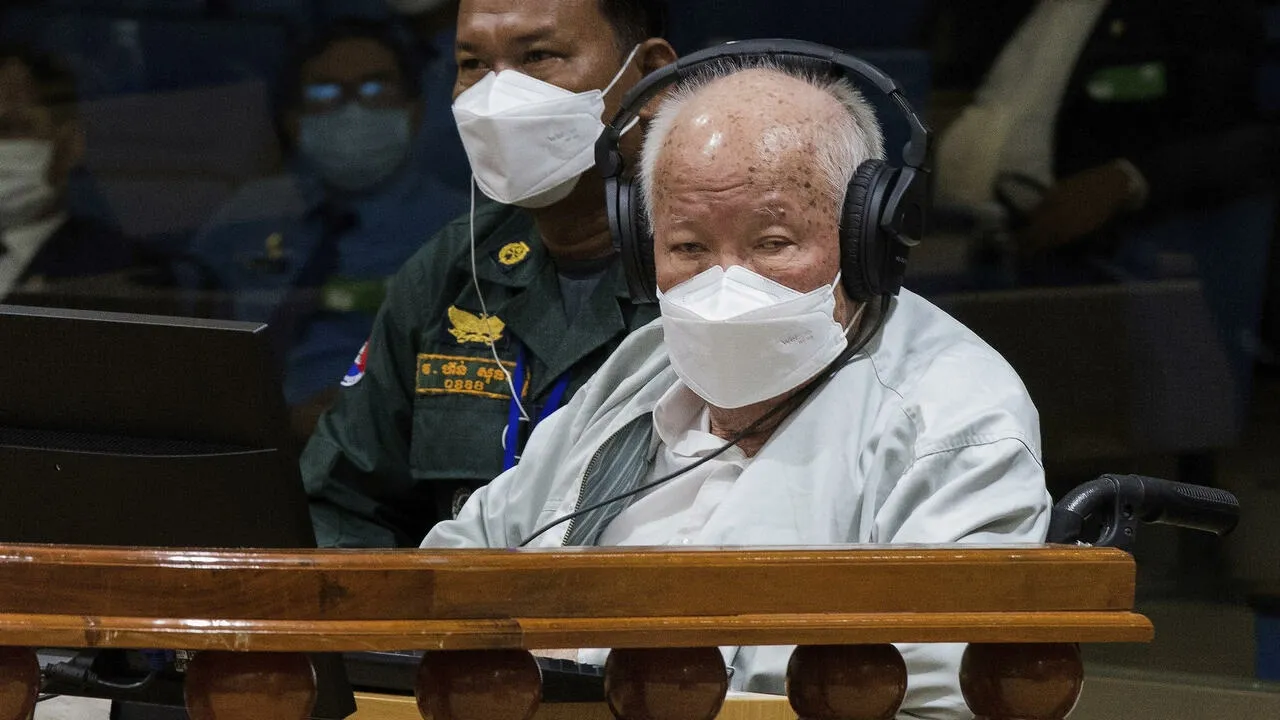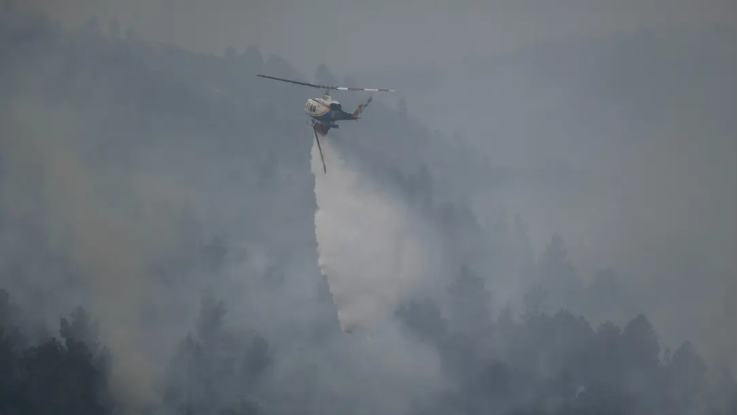Former Khmer Rouge Leader Loses Genocide Appeal
On Thursday, the Extraordinary Chambers in the Courts of Cambodia (ECCC), a UN-backed hybrid court established to prosecute alleged Khmer Rouge war crimes, upheld a genocide conviction and life sentence imposed on the regime's last surviving leader, Khieu Samphan.

Facts
- On Thursday, the Extraordinary Chambers in the Courts of Cambodia (ECCC), a UN-backed hybrid court established to prosecute alleged Khmer Rouge war crimes, upheld a genocide conviction and life sentence imposed on the regime's last surviving leader, Khieu Samphan.
- In 2018, Samphan was convicted of genocide, crimes against humanity, and war crimes. He claimed not to have any real decision-making powers, and filed an appeal against his conviction in 2021.
- Up to 2M people –a quarter of Cambodia's population– are believed to have been killed by the Khmer Rouge regime that ruled the country between 1975-79, including about 20K ethnic Vietnamese and between 100K to 500K Cham Muslims.
- This final verdict marks the end of the tribunal's active litigation and initiates a three-year "legacy period," which will see the implementation of projects to support victims and preserve the courts jurisprudence.
- The court also convicted now-deceased Kaing Guek Eav and Nuon Chea, but many key figures, including “Brother Number One” Pol Pot, died before it was created. Formed in 1997, the court includes Cambodian and international judges and has cost more than $330M.
Sources: France24, NBC, Al Jazeera, New York Times, and Guardian.
Narratives
- Pro-establishment narrative, as provided by Asia News. The end of this trial offers some long-needed closure for the people of Cambodia and the victims of the Khmer Rouge regime. Samphan was clearly involved with genocide and crimes against humanity, which cannot go unpunished. This trial shows that leaders must be held accountable, no matter how much time has passed.
- Establishment-critical narrative, as provided by Khmer Times. This lengthy and expensive trial didn't accomplish very much. The majority of the leaders died without facing any real accountability for their part in the genocide of thousands of innocent citizens. The majority of Cambodians want to be able to forget about this part of the nation's history and move forward.






